The 3rd of October will mark the 33rd anniversary of German Reunification – the day when the German Democratic Republic (East Germany) officially rejoined the Federal Republic of Germany (West Germany), following decades of separation.
But ahead of the celebrations next week, a new study has revealed a concerning trend: that east and west Germany appear to be drifting apart once again.
The survey, conducted by the independent opinion research Forsa for Stern magazine revealed that, in today’s Germany, 60 percent believe that the country is more divided than united, while only 37 percent think that people in the East have significantly integrated into one united nation.
These findings mark a stark contrast to 2019 when the majority (51 percent) perceived unity, and only a minority (45 percent) felt that the country was more united than divided.
The perception of unity is notably weaker in East Germany, with a staggering 75 percent feeling that – 34 years after the fall of the Berlin Wall – division still prevails. In the so-called “new states” of Mecklenburg Western-Pommerania, Saxony, Saxony-Anhalt, Brandenburg and Thuringia, only 21 percent see Germany as being a unified nation.
READ ALSO: 10 things you never knew about German reunification
Curiously, Germans aged 60 and older appear to have an especially pessimistic view of unity, with 69 percent of them perceiving continued division.
The Free Democratic Party (FDP) stands out as the only political group where a majority views unity positively, with 48 percent believing in the country’s reunification, while 46 percent see the dominance of differences.
In contrast, supporters of the Social Democratic Party (SPD) are the most sceptical, with 71 percent of them feeling that division outweighs unity.
Economic and political divides
It seems, however, that the divide between east and west Germany is not just limited to sentiment.
Figures from Germany’s Statistical Office in response to an inquiry by the Left Party from July this year revealed that there are significant economic disparities between east and west Germany.
According to the figures, people in the former East earn approximately €13,000 less per year than their western counterparts and the annual gross salary of full-time employees in the east was significantly lower than in the west in 2022, with this difference growing over the past few years.
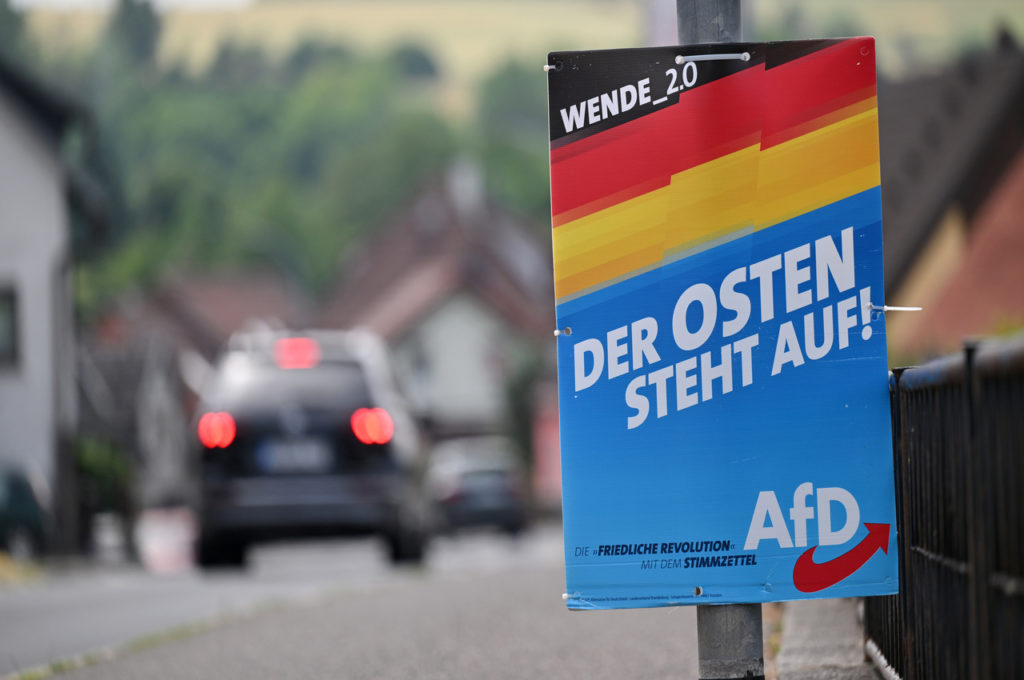
One particularly shocking statistic showed that there was an average wage difference of more than €21,000 per year between Mecklenburg Western-Pommerania and Hamburg.
READ ALSO: Is the energy crisis causing new divide between eastern and western Germany?
In response to these wage disparities, Sören Pellmann, the East Commissioner of the Left Party, drew a connection to the rise of the AfD in the eastern states, saying that it “should come as no surprise” that the AfD garners substantial support in the former East.
The rise of the AfD in eastern states could also be interpreted as a sign of growing division in Germany.
In the last six months, a small town in rural Saxony-Anhalt elected the country’s first AfD mayor, an AfD party member became a district administrator in South Thuringia, while AfD candidates are increasingly participating in runoff elections for top local offices in major or university cities like Schwerin and Cottbus.
There’s even speculation that the AfD could succeed in many if not all, constituencies in Thuringia, Saxony, and Brandenburg with their direct candidates in the upcoming state elections next year.
A recent study published by the Else-Frenkel-Brunswik Institute of the University of Leipzig in June also revealed that many people in eastern Germany hold extreme right-wing opinions.
The study – a representative survey of 3,546 people in the former eastern German states of Brandenburg, Mecklenburg-Western Pomerania, Saxony, Saxony-Anhalt, Thuringia and east Berlin – demonstrated a high level of approval for right-wing extremist statements.
READ ALSO: ANALYSIS: Are far-right sentiments growing in eastern Germany?
However, as Frankfurt Allgemeine Zeitung journalist, Daniel Deckers pointed out in a recent article, the AfD has its hold in the west of the country, too.
“15,000 votes in Sonneberg may seem insignificant compared to the over 800,000 votes the AfD received in the 2016 state election in Baden-Württemberg, or the potential 15 percent share it could garner in North Rhine-Westphalia, the AfD’s origins can be traced to the West. Most of the party’s prominent figures were socialized in the old, compromise-oriented Federal Republic, unlike in East Germany, where the legacy of two failed dictatorships continues to influence three generations.”

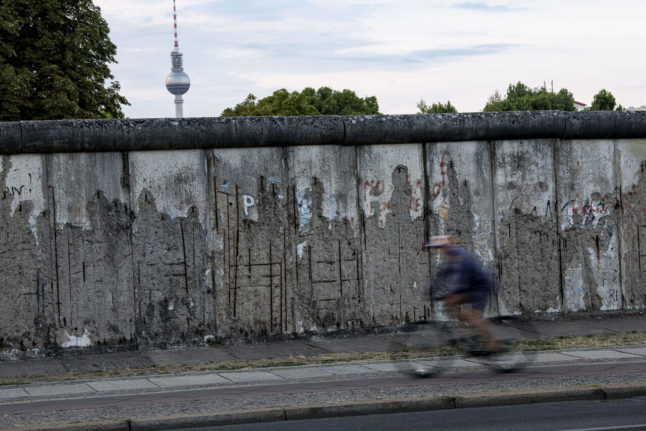
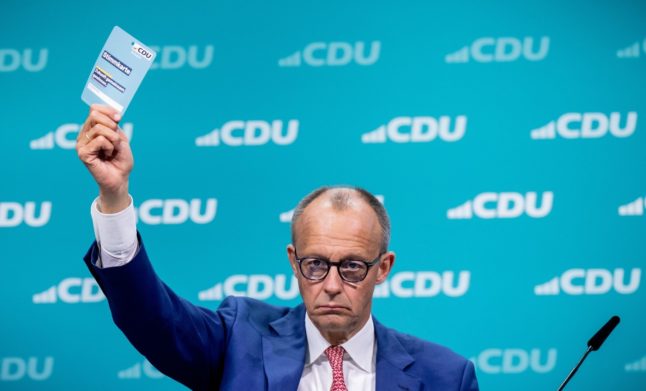
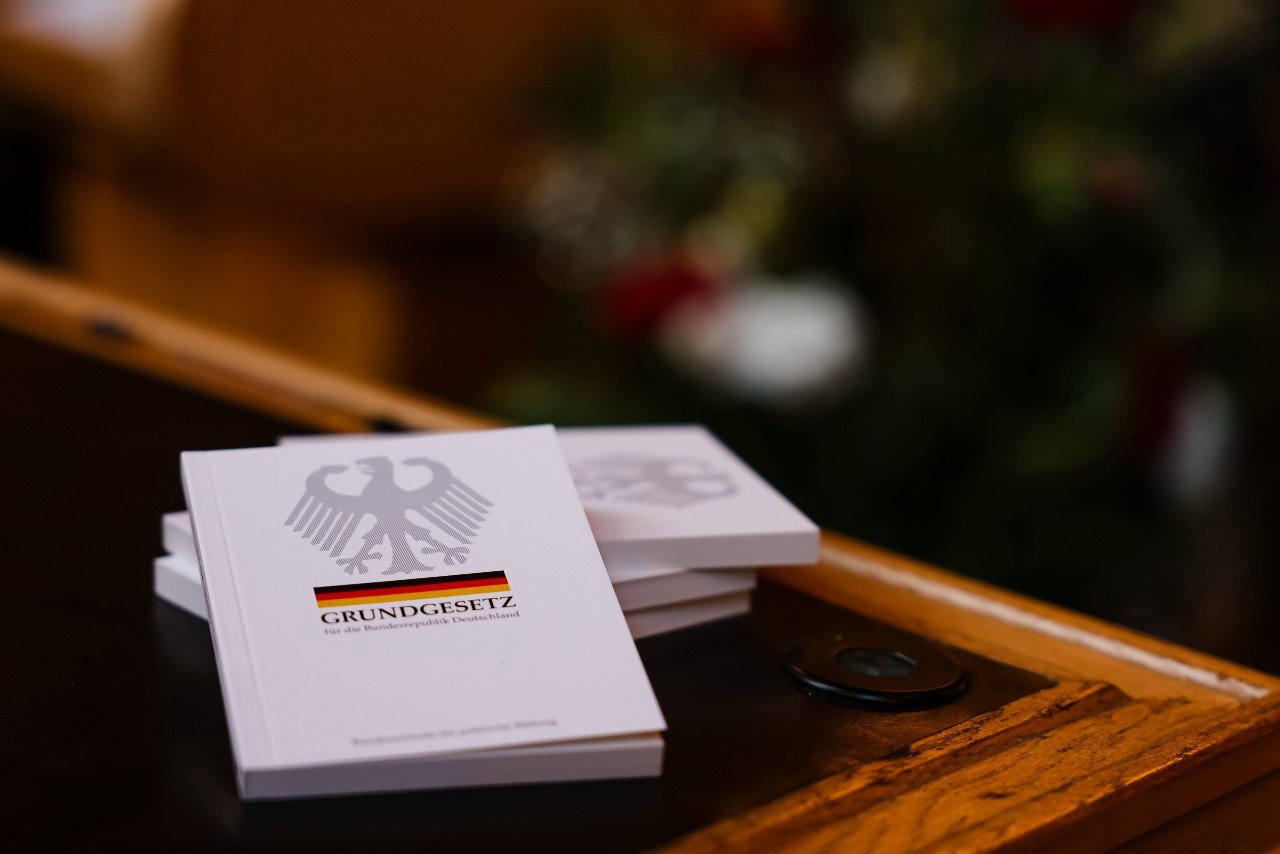
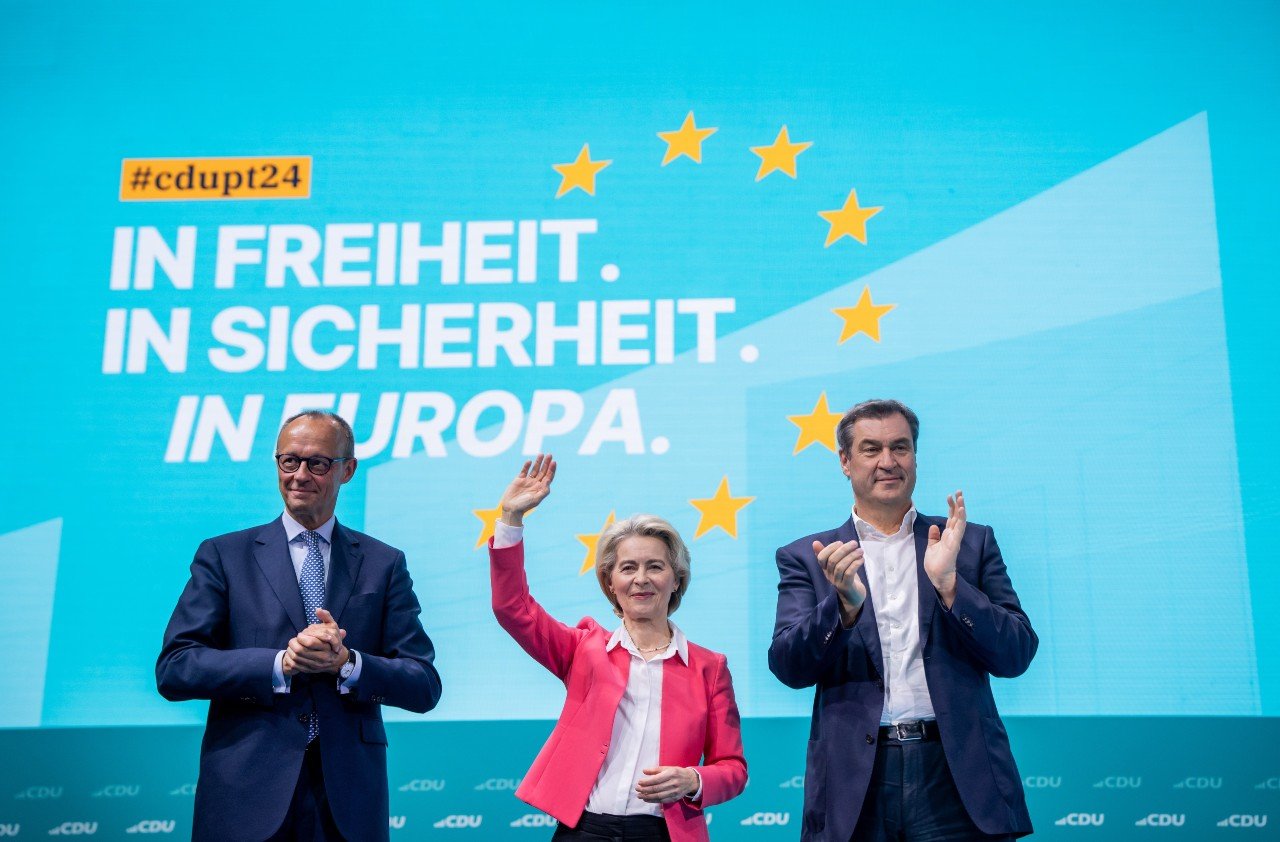

 Please whitelist us to continue reading.
Please whitelist us to continue reading.
Member comments